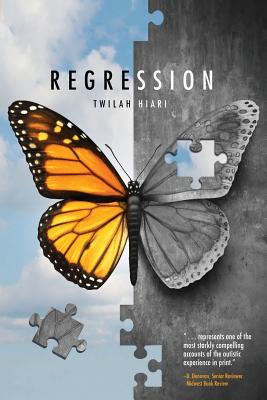What do you think?
Rate this book


310 pages, Paperback
Published February 10, 2019
And the other thing is, there’s a sweet spot—a degree of autism where the balance of the condition is more helpful than hurtful. That’s what I had before 2014, and that’s what I want back. I love my hyperfocus. I love my analytical thought processes. But I hate getting disoriented and confused. I hate my inability to tolerate sound. I hate becoming completely nonverbal. There’s a difference between a congenital brain difference and an iatrogenic injury. I didn’t consent to this state. No one told me this could happen.
I’d only gotten a few words out. The dispatcher interrupted me and started making fun of the way I talked. She was like, ‘Um, um, so my stepdad, um, um, like, um, like, um, um, um. Call back when you speak English, honey.’ And that was it. She hung up on me. That’s when I decided to cut my wrists.